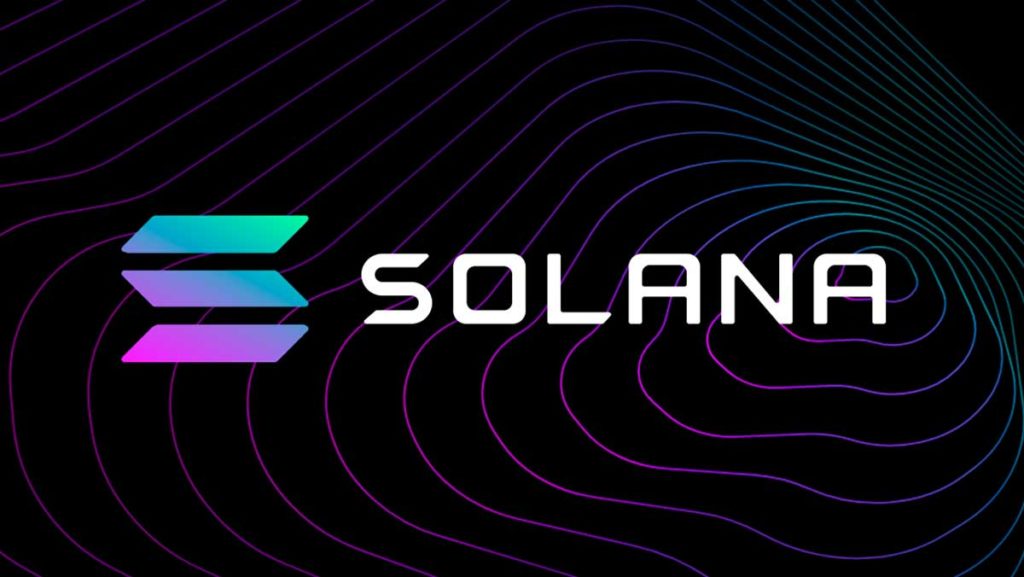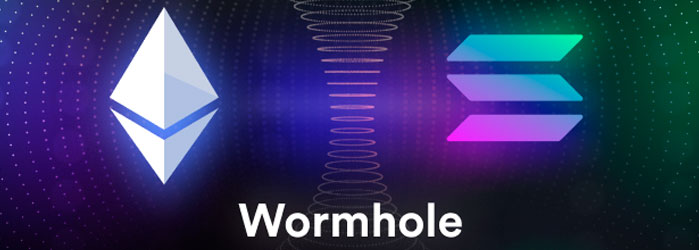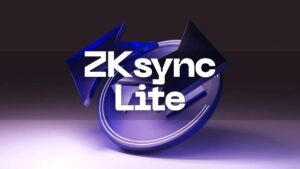Solana, a scalability-focused blockchain platform developed by Solana Labs, has introduced Wormhole, a cross-chain bridge that will allow users to turn ERC20 tokens into Solana’s SPL tokens for use in DeFi applications.
Solana Foundation announced the news in a blog post published on Thursday, October 8th. According to the announcement, Wormhole is introduced in partnership with Certus One, an enterprise-grade validator for proof-of-stake blockchains.
The wormhole is a bidirectional cross-chain bridge that connects ETH and ERC20 tokens to SPL Tokens, the token standard of the Solana blockchain. It allows existing projects, platforms, and communities to move tokenized assets seamlessly across blockchains to benefit from Solana’s high speed and low cost.
According to the platform, rather than rewriting their codebase for Solana, blockchain projects can employ Wormhole to access the high-speed and low-cost benefits of the Solana network. Wormhole allows users to turn ERC20 tokens into SPL tokens. Now they can make transactions in SPL tokens, taking the benefit of Solana’s speed. These SPL can then be settled back to the Ethereum network if so chosen.
The announcement reads:
“Wormhole is the first of many such cross-chain bridges to come. It uses decentralized cross-chain oracles — called guardians — operated by a set of node operators that include top Solana validators and other ecosystem stakeholders whose incentives are strongly aligned with Solana and Serum.”
The wormhole is unveiled to counter the but congestion and high gas fees of the Ethereum network caused by the recent DeFi boom. Through this bidirectional cross-chain bridge, DeFi platforms can leverage Solanafor high speed, low-cost transactions, while still allowing for settlement on another base chain.
The Wormhole’s workflow can be described as:
- Converts ERC20 to SPL tokens
- Make transactions on Solana using SPL tokens
- SPL tokens are settled back to ERC20 tokens
Solana Labs, based in Switzerland, has developed Solana blockchain to solve the long-standing issue of scalability of blockchains. According to some sources, Solana can process more than 50,000 transactions per second. But the Wormhole mainly focuses on interoperability, which is also equally important with scalability, as the company said:
“Interoperability remains a high priority, as it unlocks network effects and allows for the most efficient use of resources. It’s not pragmatic to expect an entire ecosystem of value to immediately shift across networks, and teams can’t afford to wait for such a mass migration.”
To celebrate the launch, the Solana Foundation is hosting a virtual “Solana Warmhole hackathon” commencing on October 28th. The company invites developers from around the world to use Wormhole and to bring ideas and crypto enthusiasts together to create highly scalable and cost-efficient web3 applications. A total price of $200K is also there for the top 3 positions.
If you found this article interesting, here you can find more Blockchain and cryptocurrency news











